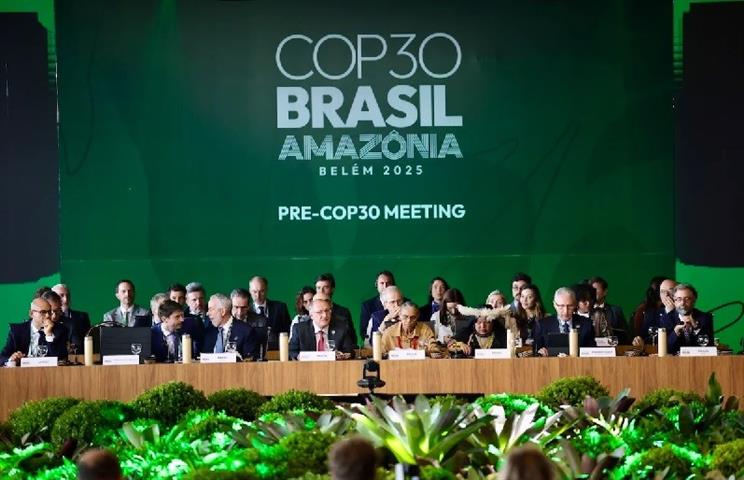As the 30th United Nations Climate Change Conference (COP30) commenced this Monday, ministers are grappling with a deadlock on some of the most contentious issues. Despite Brazil’s role as host and its emphasis on member-driven decision-making, critical topics such as climate finance for the Global South and updated emissions reduction targets remain excluded from the formal agenda. Andre Correa do Lago, COP30 President, reiterated that decisions are made ‘from the bottom up,’ underscoring the collaborative nature of the process. To prevent the conference from stalling, Brazil has appointed foreign ministers as facilitators for complex discussions on finance, mitigation, just transition, and the ‘global stocktake’—a mechanism evaluating compliance with the Paris Agreement. The first week saw significant pledges from the private sector, with investments reportedly reaching ‘trillions of dollars,’ according to the UN. However, developing nations argue that relying primarily on private capital is insufficient. They demand that the $300 billion annual target set at COP29 be funded predominantly by public sources, with aspirations to escalate this figure to $1.3 trillion. In response, the presidencies of COP29 and COP30 have proposed exploring global taxes on key sectors. Yet, Brazil has acknowledged the lack of consensus, suggesting that any meaningful progress may not materialize until after 2026.
